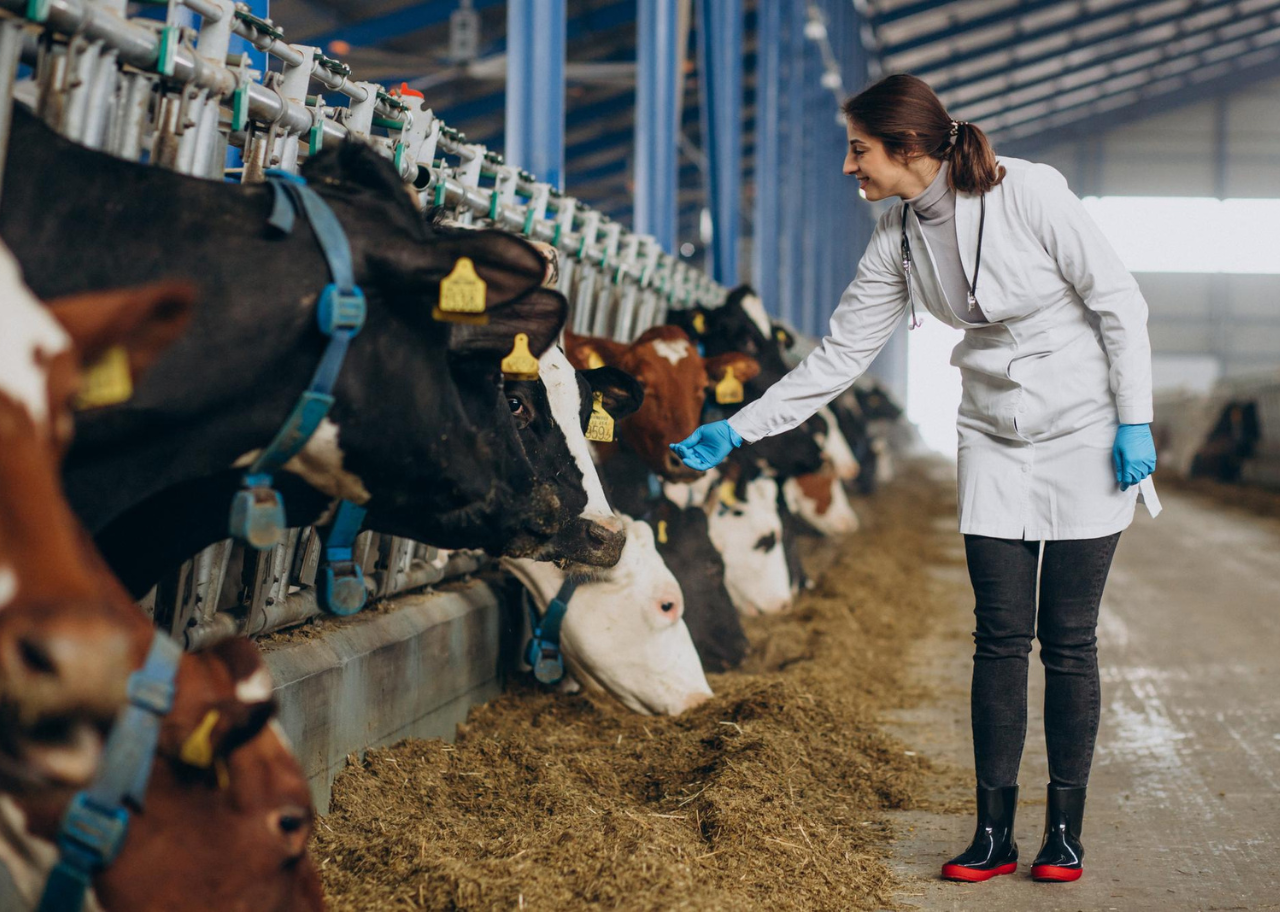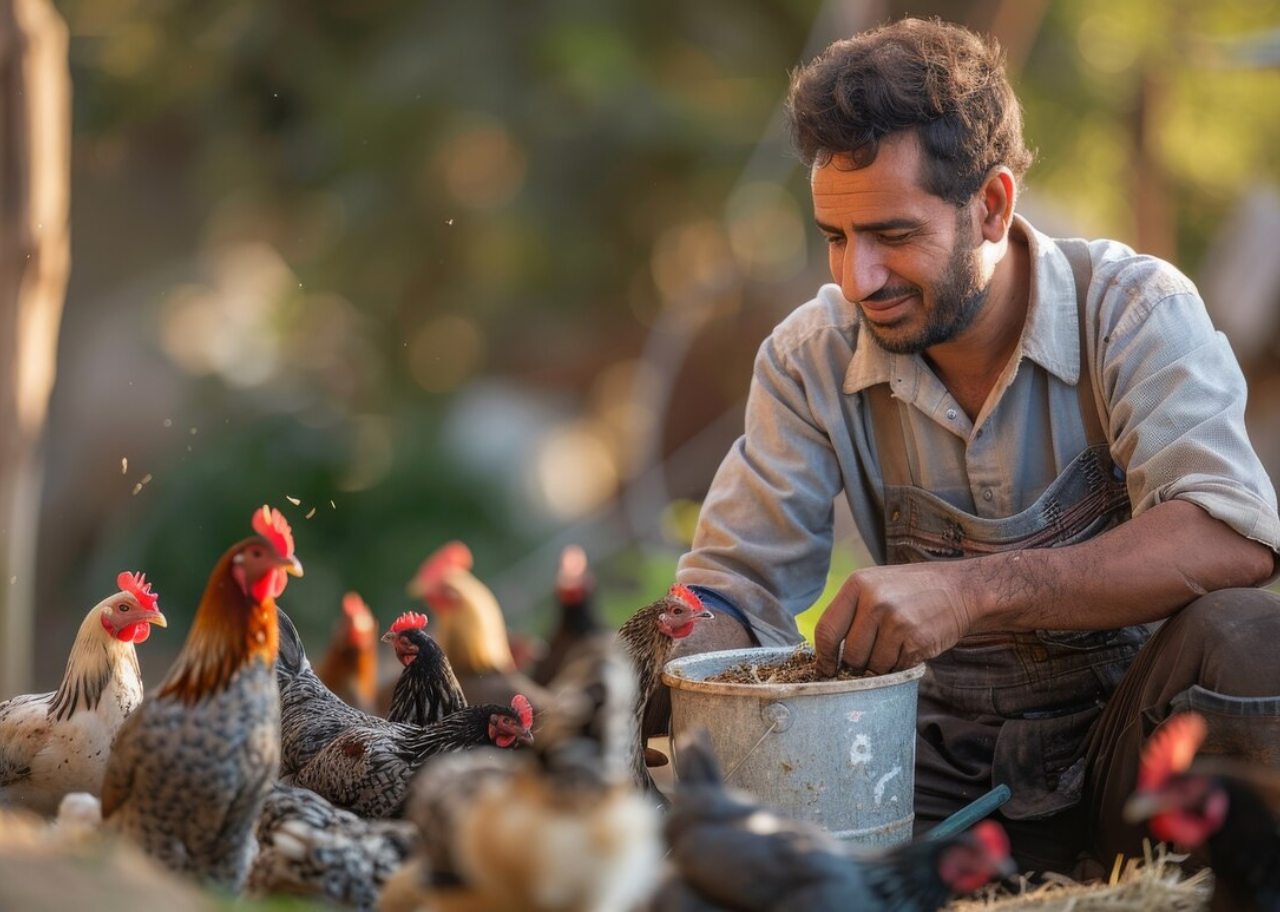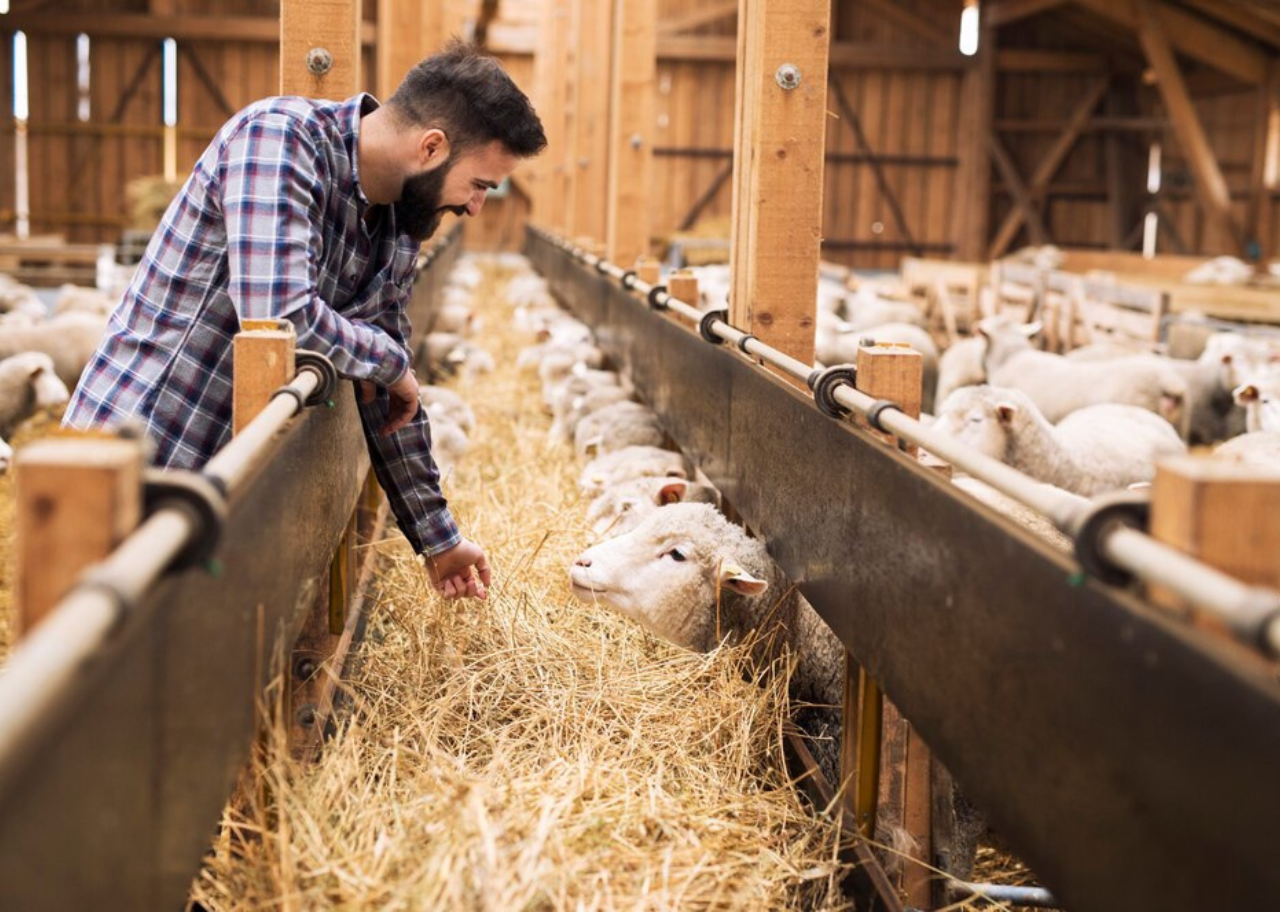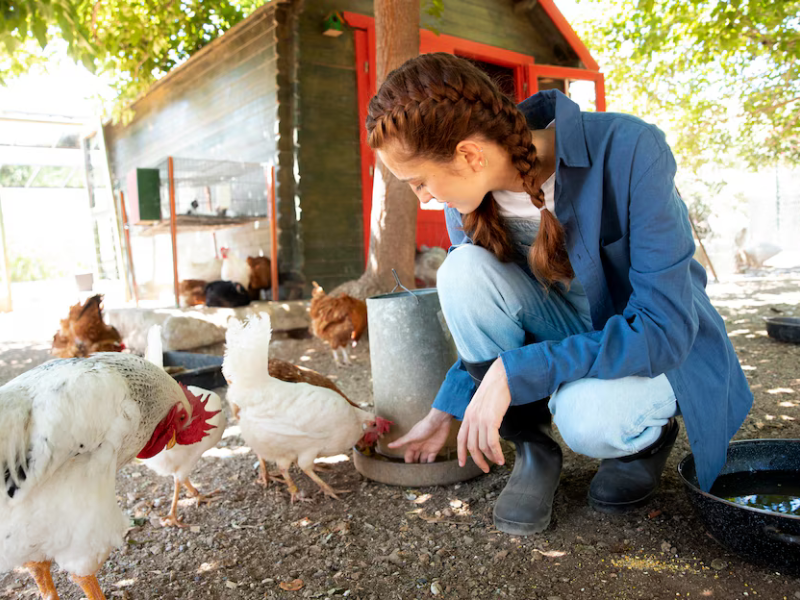From Farm To Food
The journey from farm to food is a crucial process that ensures the production, transportation and availability of nutritious and high quality food products to consumers. It involves multiple stages, from farming practices to the final consumption and each step is vital for providing safe, healthy and sustainable food. The journey begins on the farm, where crops are grown and livestock are raised. The farming practices used play a significant role in determining the quality and sustainability of the food produced. Farmers use various methods like crop rotation, organic farming and sustainable animal husbandry to ensure soil health and biodiversity.
The Future Of Food Production
- Innovative Agricultural Technologies Advancements
- Sustainable Farming Practices Implementation
- Vertical Farming and Urban Agriculture Solutions
- Consumer Education and Awareness Programs
Innovations And Challenges
Agriculture has undergone significant innovations in recent years, which have transformed food production and farming practices worldwide. From cutting-edge technologies to sustainable farming methods, the agricultural sector is evolving rapidly to meet the growing global demand for food. These advancements are not only improving yields but also promoting environmental stewardship and resource conservation.
A Vital Part Of Agriculture
Agriculture is the backbone of human civilization, providing the foundation for food production, economic growth, and environmental sustainability. One of the most vital components of agriculture is the land itself specifically, the soil. Healthy soil is essential for sustaining crop growth, promoting biodiversity and maintaining ecosystems. Beyond the soil, various other elements, such as water management, crop selection, and modern farming practices, play crucial roles in ensuring agricultural success.



